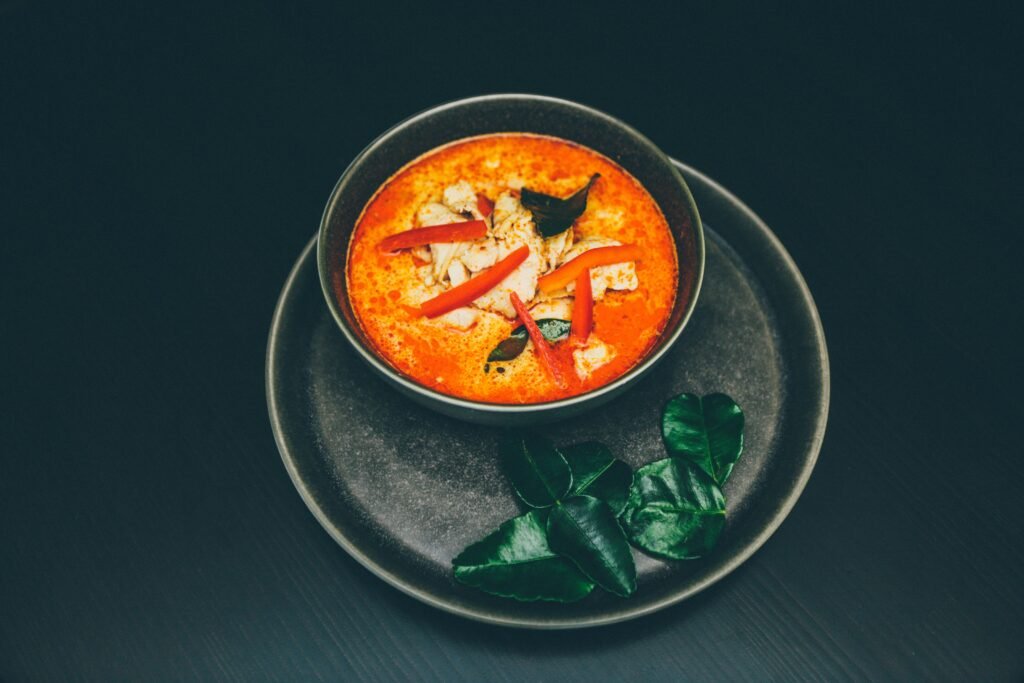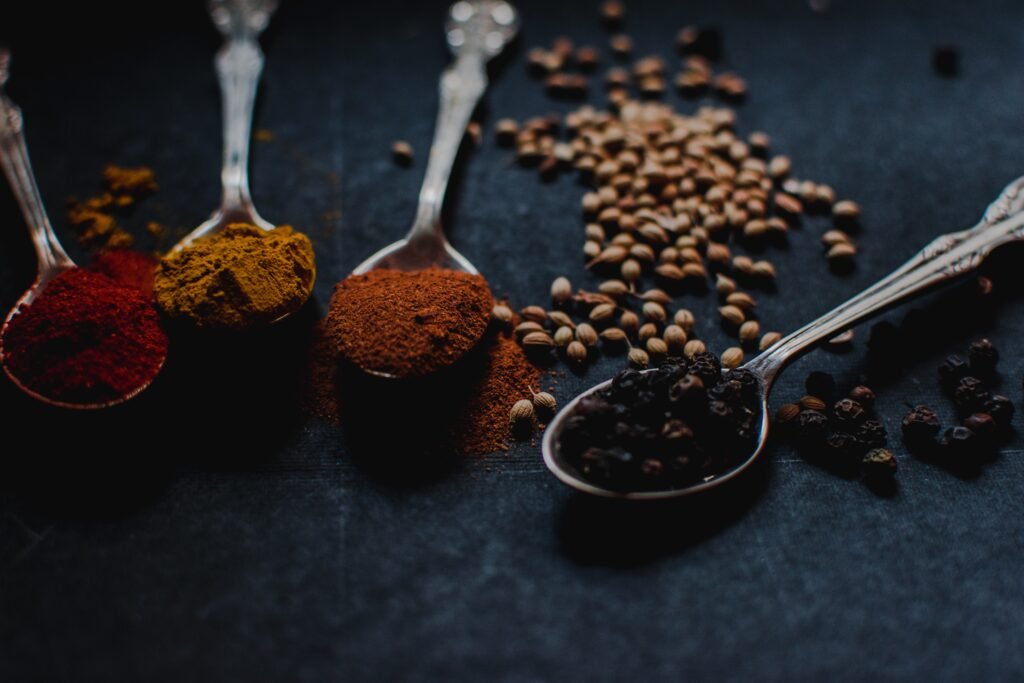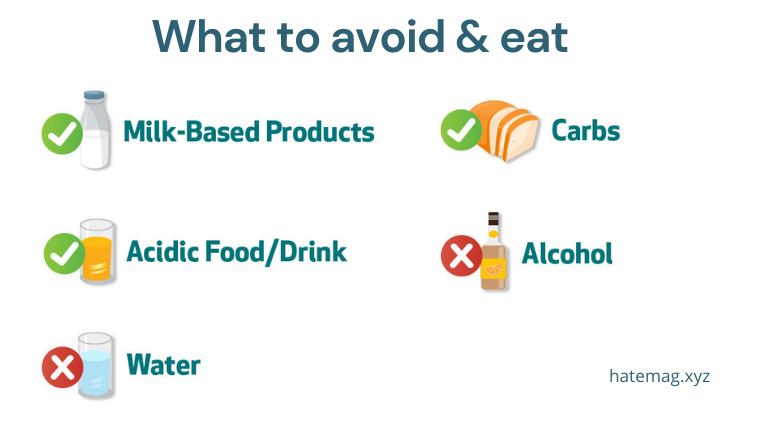Why I hate Spicy food & How to handle spicy food

Spicy foods are a staple of the cuisine in many parts of the world, so you may feel left out if your taste buds are attuned to blander fare — or burned out if you pop a pepper without knowing what you’re getting yourself into. If you want to eat — and enjoy — spicy food, it is best to understand what makes food spicy; how to handle, prepare, and eat it; and how to soothe the burn afterward.
We face choices in food for every meal, everyday, what to eat, what not to eat, home made food or which restaurant to go to — to appease hunger or to satisfy a want for a particular food.
Maturity tells you through experience the kind of food you favour, what pleases your taste buds the most, and the kind of food that are literally a turn-off. Spicy food is one category of food that some people dislike and avoid.
There are various reasons for different people. Some just don’t like the idea of a burning tongue which many spicy food may cause. I know plenty of Malaysian-Chinese who totally shun Malay food and Sichuan-Hunan restaurants, the very idea of chili-in-the-food puts them off.

There are millions in some southeast Asian cultures where almost every food they cook is spicy; it’s traditional, people therein have grown up and are accustomed to chili peppers in their food.
So, you got a little overconfident and went with extra-hot buffalo sauce for your wings, added too many jalapenos to your nachos or were way too generous with the cayenne pepper while cooking dinner. Or maybe you just had no idea those peanuts were even going to be spicy.
Whether on purpose or not, we’ve probably all bit off more than we could chew, at least a time or two, when it comes to spicy foods.
So is there anything you can do to help cool down your mouth after eating spicy food? Or was your fate sealed with that first bite?
Why people hate spicy food?
Simple answer.
- Some people have sententive taste buds.
- They might just not like it in general.
- It makes them have stomach problems.
There are many things that may cause a person not to eat spicy food.
Some don’t eat spicy food simply because they don’t like it. This often relates back to exposure while growing up. Spicy food, at many levels, is sometimes an aquired taste. Those who didn’t have much exposure to it may not like the heat that spicy food can bring .
Another reasons people may not eat spicy food is digestive related . I know several people who actually enjoy spicy food but cannot eat it because it results in stomach problems for them.
Why Some People Just Can’t Handle Spicy Food
Some people just don’t like the burning sensation. I’ve read some articles where people who are sensitive to spicy food tend to have more taste buds on their tongues than people who enjoy spicy food. So what may be a pleasant or exciting burn to a capsaicin lover may be really painful and unpleasant to a “supertaster”.
Some other people’s mouths can take the burn, but their stomach or intestines can’t. Maybe they have an ulcer, or irritable bowel syndrome, that flares up when irritated by spicy food. They might like the flavor and the spicyness, but not the “aftermath”.
How To Eat Spicier Food (And Actually Enjoy It!)
If you’re a big fan of Indian cuisine, but you don’t have the best tolerance for spicy foods, you may find yourself having some trouble eating popular dishes.
Some dishes like vindaloo, for example, rely on relatively high levels of spicy peppers and seasonings to provide them with their unique flavor.
So, how can you eat spicier food, and make sure you actually enjoy it – rather than turning into a sweaty mess?
In this guide, we’ll discuss a few steps you can take to make eating spicy food more enjoyable. If you’re interested in eating spicier food, give it a look – and see what tips you can use to boost your own personal spice tolerance!
Tips to handle Spicy Indian Food

1) You can’t just jump into ordering the spiciest food on the menu at your favorite restaurant. You need to work up to it! That’s not just an old wives’ tale! It’s a fact.
2) In addition, if you eat a lot of spicy meals over a long time, the nerve ending actually starts to degrade – and scientists are still not quite sure why.
3) Every time you take another bite of a food that contains capsaicin-rich ingredients like hot peppers, the receptors in your mouth will react accordingly – and the “burning “effect of the spice will be renewed, and enhanced.
4) DO reach for some dairy. Many milk-based products contain a protein called casein, which can help break down those capsaicin tricksters.
5) DO drink something acidic. For those who need or want to avoid dairy, don’t fret! You’ve got an option, too: acid. Remember how we said capsaicin is an alkaline molecule? Balancing it with an acid can help neutralize the molecule’s activity. This means drinking or eating something acidic — such as lemonade, limeade, orange juice or a tomato-based food item or drink — may also help cool your mouth down.
6) To put some starch between this sneaky molecule and your pain receptors, try eating a piece of bread, some rice or a tortilla.
7) Oops! To help cool your mouth down, skip the glass of water and try one of the options above instead.
8) DON’T expect alcohol to dull the pain, specially the spicy hot-pain.
Important Tip:
Don’t Force It – There’s Nothing Wrong With Not Liking Spicy Foods!
Here’s our last tip – if you really feel like you can’t increase your spice tolerance any more, don’t force it. Some people are more inclined to like spicy foods, and have a higher pain tolerance and can handle the “burning” effects of capsaicin more effectively.
Despite what anyone may want to have you believe, there’s nothing wrong with not liking excessively spicy foods – if it’s not for you, it’s not for you, and that’s perfectly okay. Spiciness is just like any other flavor.
If you don’t like it, you shouldn’t try to force yourself!